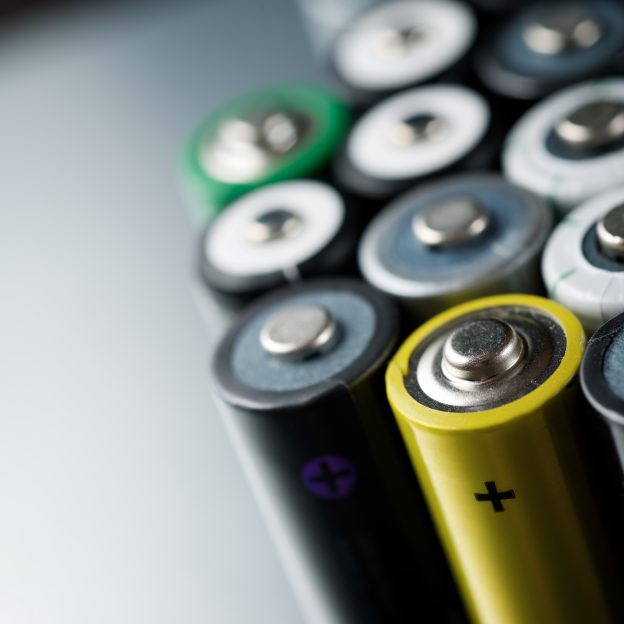
A perfect storm has been seen in the semiconductor industry after the global pandemic, where the surging demand for electronics has resulted in a shortage of chips, and the increasing number of chip adoption for automobile has prompted numerous major automotive manufacturers to postpone production plans, for which the phenomenon may decelerate at least 6 months after, according to insiders of the industry.
Semiconductor has become the essential element for the automotive industry as electric autonomous vehicles popularize. The Nikkei quoted KPMG Japan that electric vehicles use double the amount of semiconductor than that of petroleum vehicles, whereas the Wall Street Journal had cited Guidehouse Insights analyst Sam Abuelsamid, who commented how most existing vehicles are adopted with at least 40 different chips, and the figure can go up to 150 for high-end models.
The demand for automobile has recovered after the pandemic, and the coronavirus has resulted in a surge in the usage of PCs and smartphones, which generated the popularity of semiconductor and the full orders of various semiconductor suppliers. The consulting director of UK research firm Omdia commented that the exacerbated competition has led to the pile up of orders until after six months for the largest foundry in the world, TSMC.
The shortage of chips has resulted in the postponed delivery of German automotive component suppliers such as Continental and Bosch, whereas NXP Semiconductors and STMicroelectronics have also postponed the planning of semiconductor procurement.
Automotive manufacturers are forced to reduce production due to the bottlenecks encountered by the supply chain. Toyota has decided to lower the production volume of Tundra by 40% at the Texas factory, and is currently investigating if the lack of semiconductor will impact other models. Toyota had reported the particular issue to Japanese automotive component suppliers in December last year, and the company usually reports on the production plans for the succeeding year, though the global chip shortage has prompted the Japanese automotive king to put aside its production goals.
Nissan will reduce the production volume of its flagship Note by 5,000 units during January, and the production decrement may persist until February. Honda plans to decrease the production of Fit by 4,000 units at its factory in Mie Prefecture, and may impact the production for tens of thousands of vehicles during the first quarter.
Volkswagen has announced the reduction of production in China, North America, and Europe, as well as suspended on the production of Golf for a month already. The company commented that chip manufacturers had reallocated partial production capacity to consumer electronics and other fields, and is overwhelmed by the aberrantly aggressive demand for automobile. As speculated, Volkswagen may sustain a loss of hundreds of thousands of vehicles in production.
Ford has also suspended its factory in Louisville, Kentucky for a week. After observing the reduction in automotive production, the Wall Street Journal commented that the industry has been shocked by the degree of production cut derived from the shortage of chips, and the chip war will overcast the automotive industry that just managed to recover from the global pandemic. German automotive component supplier Continental evaluated that such phenomenal may alleviate after six months when the supply of automotive semiconductor becomes normal again.
(Cover photo source: Flickr/Maurizio Pesce CC By 2.0)







